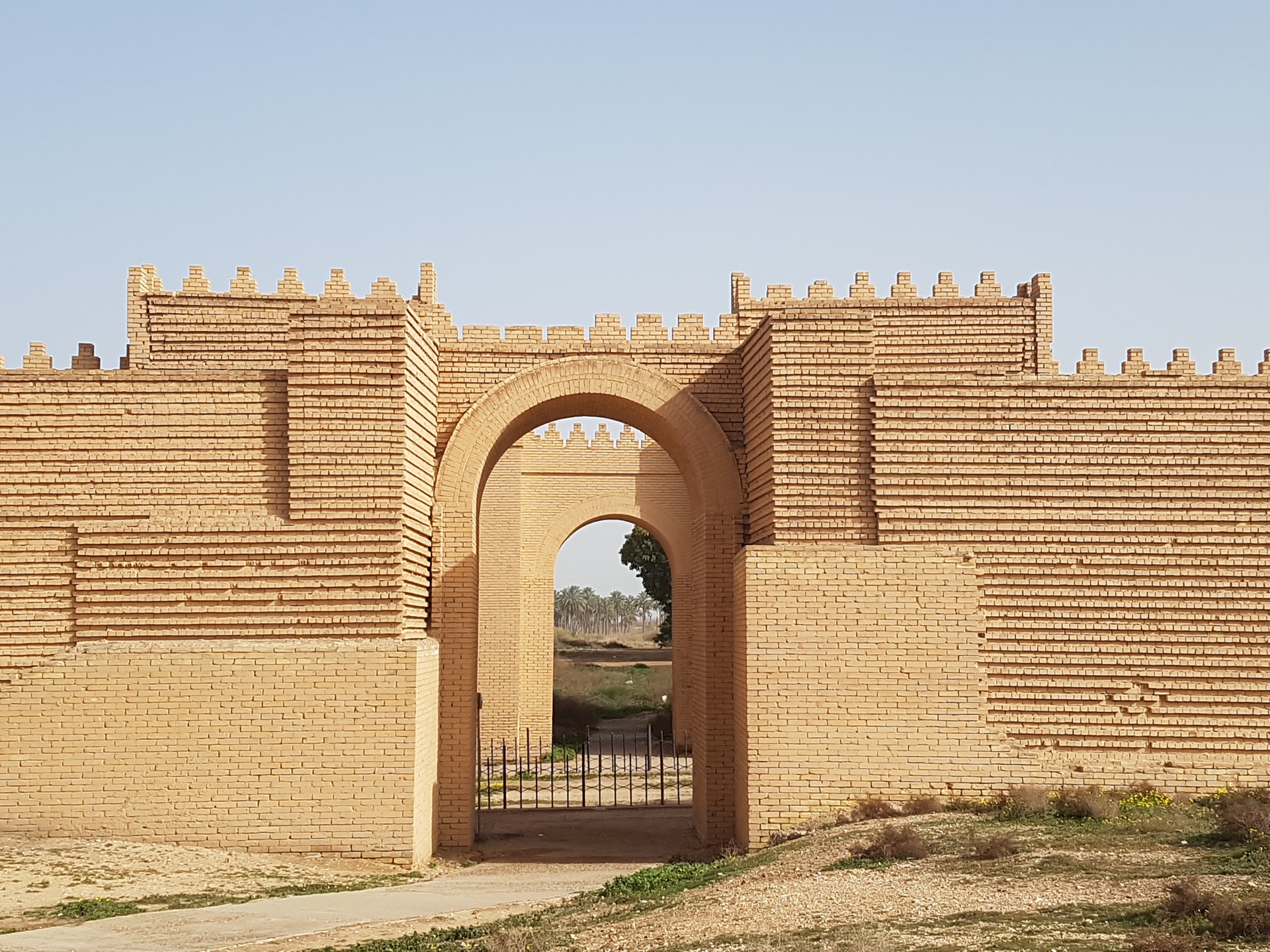
Unfortunately, the Guide to Kurdistan is no longer available. Only a few of the 20,000 copies originally printed remain.
The exciting news is that we are introducing two unique guides-a revised edition of the Kurdistan Guide and the first ever full-color Guide to the Republic of Iraq. These two volumes will not only cover more than 500 archeological sites but also delve into the fascinating cultures of Iraq, such as the Yezidis and the Marsh Arabs.
The guides will be published initially in three languages, along with an electronic version, and will feature the latest mapping technology and other innovative features. While there are a few smaller guides to the region, none have ever presented Iraq in the manner in which these elegant two-volume guides will.
Upon completion, the Guides will be launched in several locations worldwide, including London, Washington DC, and locally in Erbil and Baghdad, Iraq. The launches will be coordinated with a public relations campaign aimed at bringing the wonders of Iraq to the world and the world to the wonders of Iraq.
The new set of Guides will be published in late 2025. Much of the production work has been completed, and we are now at a crucial stage of obtaining sponsors for this approximately two million USD project. Please sign up below if you wish to be notified when the Guide is available. t box. Click again or double click to start editing the text.